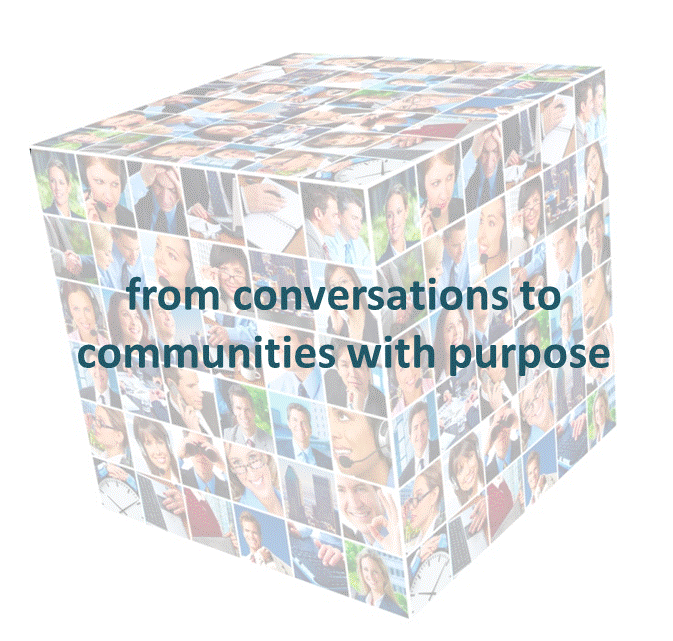Why Do Consumers Participate?
My interest and fascination with online communities started in 2001, and spurred me on to launch a startup to create an online brand community centered loyalty service for the hotel, airline and online travel industries. The concept was well received, by both potential customers and venture capitalists’; however there was some nervousness about consumers’ willingness to put their personal data online. However, there were signs that things were changing and that individuals were changing their behaviour online and becoming more comfortable with sharing their personal details and participating in online communities, blogs, forums and early social networks where there was a common interest.
My interest in this area grew and prompted me to ask two questions?
- Do online communities have identifiable characteristics which can help us understand why consumers participate in them?
- If we can identify key characteristics, how can this help us create online communities to support different business goals?
In October 2003, I enrolled in a Masters in Strategic Marketing at Kingston Business School in the UK, to try and answer these questions through researching and writing my dissertation “online communities: why do consumers participate? why should marketers care?”
At this time, there was limited marketing based academic research in this area and literature was used from brand communities, online trust, and customer loyalty and non-marketing research in participation in knowledge communities. The dissertation looked to answer 2 questions:
- Is there a relationship between the characteristics of an online community and a members participation levels in the community?
- Is there a relationship between an online community members internet experience levels and their participation levels in an online community?
The research process combined both a literature review and an online survey of participants active on Living TV’s forums and message boards, which was introduced via popup adverts and regular requests by the community moderators requesting participation from the members. The survey ran for a period of 10 days, from the 12th August 2004 and the results showed that
- There were key characteristics which were predictors of levels of participation in online communities, these were:
- Interest in the core subject discussed in the community
- A feeling of being included in the community
- A level of personalisation in the communication within the community
- A level of expertise in the key subject areas
- member experience (experience being their level of proficiency online) is not a predictor of participation in an online community
- over 46% have been members for more than 12 months, demonstrating a level of loyalty to the community
- over 64% visit the community more than once a day, demonstrating that engagement and relevant content bring members back throughout the day
- over 51% post on the community more than once a day, demonstrating that members can be active on a regular basis
The survey was carried out on one type of online community, forums and message boards focused on topical discussion around current TV programs which were airing on the Living TV Channel.
The conclusion from this research was that
“online communities have the potential to offer marketers a tool which assists in the creation of a loyal customer base, a forum through which customers and other stakeholders can voluntarily engage in a relationship with the community or organisation and through the different forms of participation can enable an organisation to both educate and learn from the community members.
The key to online communities is consumers voluntarily engage in a relationship and provide personal and lifestyle data, something that marketers have been trying to achieve through the implementation of customer relationship management systems.”
Since 2004, there has been an exponential growth in social networks and online communities it would interesting to develop this area of research further looking at a range of social networks and online communities in order to refine our understanding of individual’s behaviour and motivations for participation in online communities.
A copy of the full dissertation is below and I would be interested in hearing from you if you are interested in helping me develop this research further or sharing your views opinions and research on this blog.
